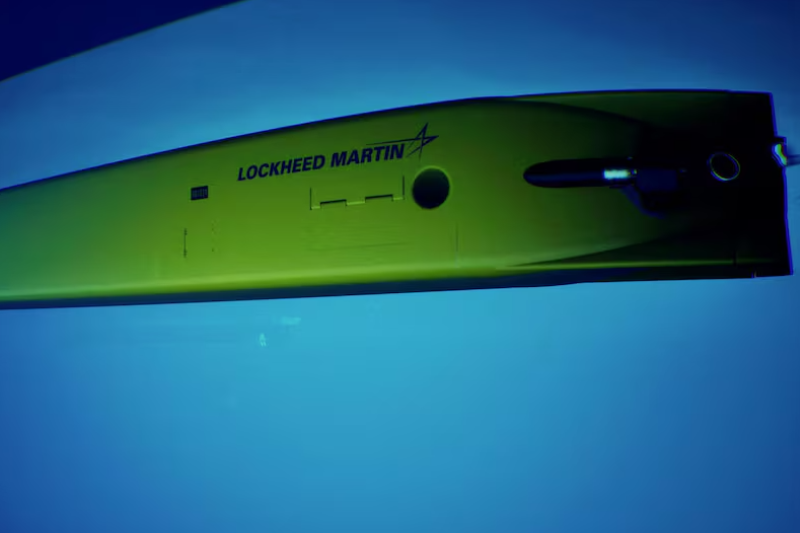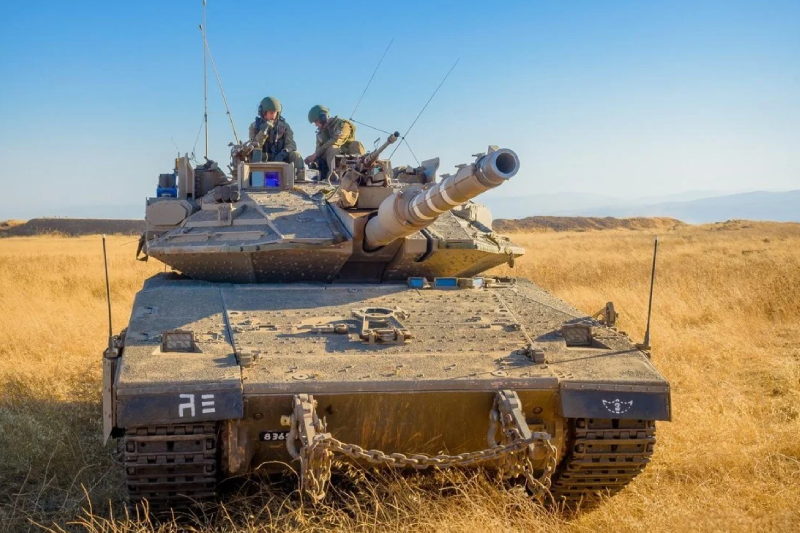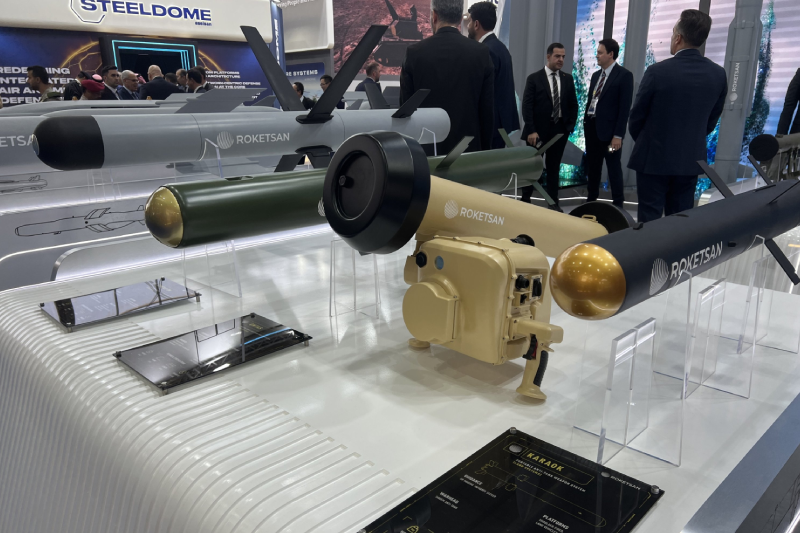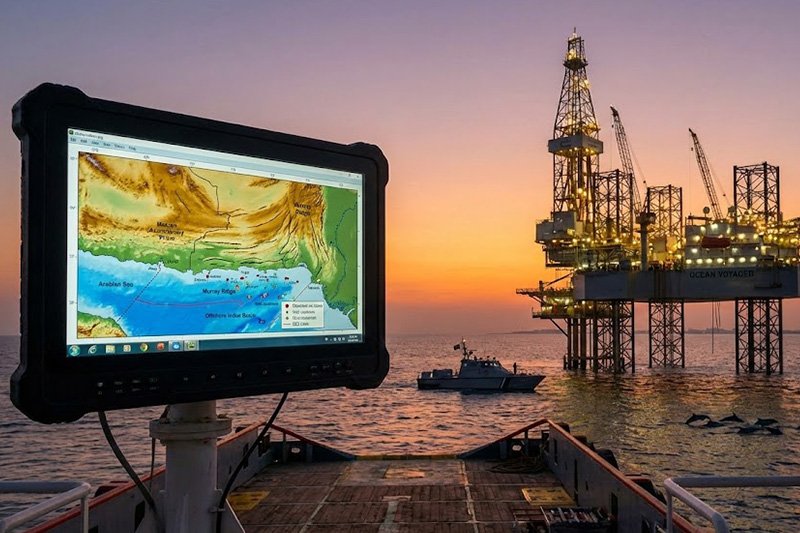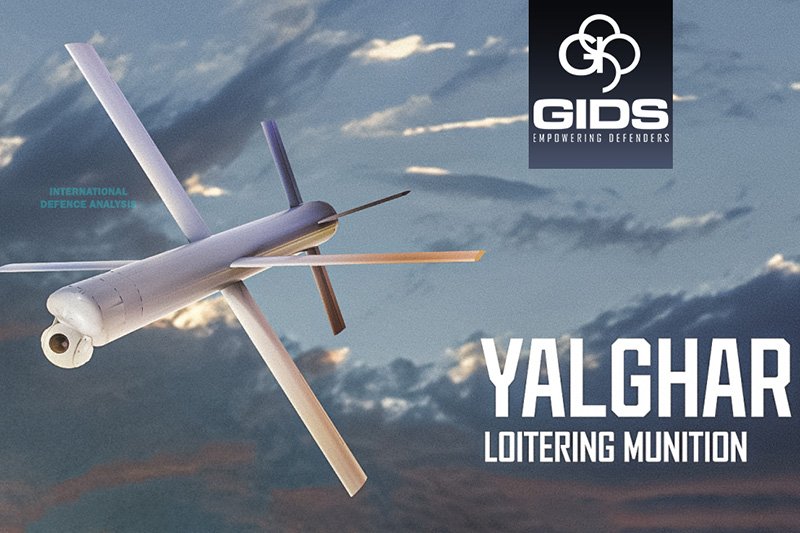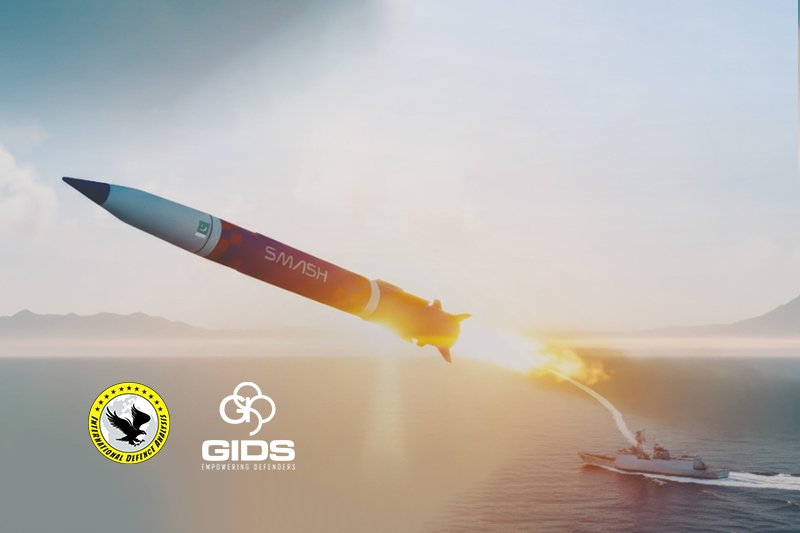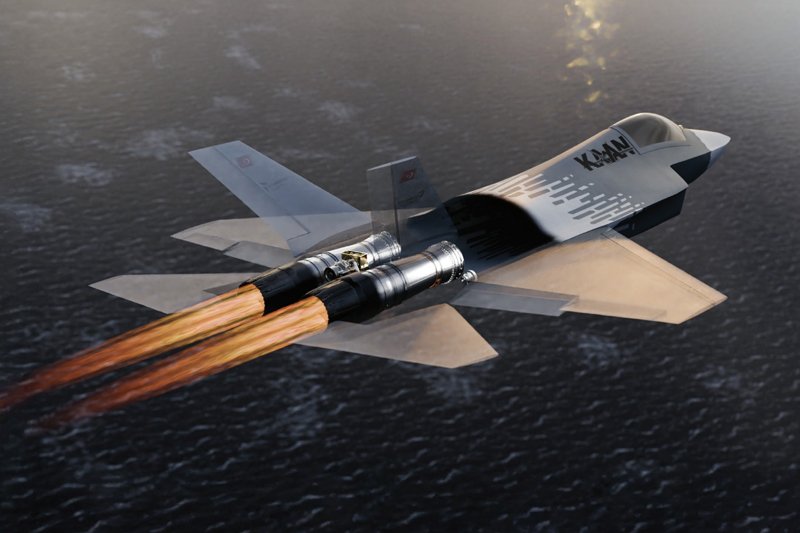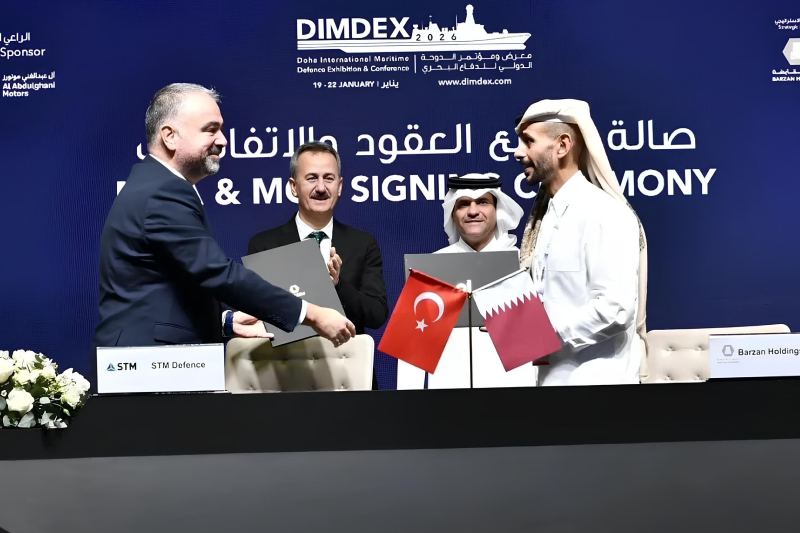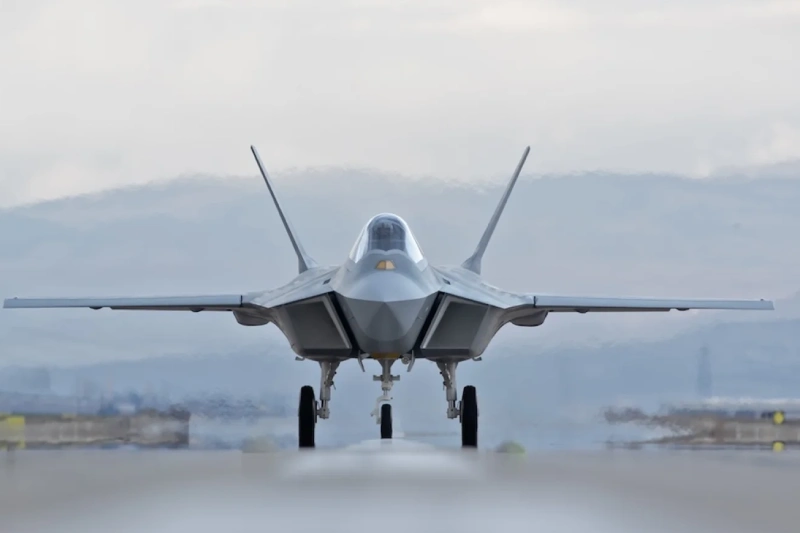Indonesia Buys 48 Turkish Kaan Fighter Jets
Indonesia has secured a groundbreaking $10 billion defense acquisition deal with Turkiye for 48 advanced Kaan fifth-generation fighter jets, marking the largest defense industry export contract in Turkish history. This monumental agreement, announced by Turkish President Recep Tayyip Erdoğan at the Indo Defence 2025 exhibition in Jakarta, represents a transformative moment for both nations’ defense capabilities and establishes Turkiye as a major player in the global fifth-generation fighter aircraft market.
Landmark Defense Deal Signed
The comprehensive 10-year agreement includes co-production arrangements that will enable Indonesia to manufacture certain Kaan fighter jet components domestically, strengthening the country’s defense industrial base while reducing long-term procurement costs. Turkish President Erdoğan expressed gratitude to Indonesian President Prabowo Subianto for this historic partnership, emphasizing the strategic significance of this collaboration for both nations’ defense sectors and regional security cooperation.
This deal addresses Indonesia’s urgent need to modernize its aging F-16 fleet while filling the capability gap created after Jakarta’s departure from South Korea’s KF-21 fighter program. Defense experts note that the KF-21 lacks genuine fifth-generation capabilities, whereas the Kaan incorporates advanced sixth-generation features including artificial intelligence integration and sophisticated drone teaming capabilities that represent the future of aerial warfare.
Strategic Deals Cut Defense Costs
Defense industry expert Yusuf Akbaba highlighted the deal’s crucial importance for the Kaan program’s financial viability, noting that Turkiye would have struggled to fund fifth-generation aircraft development independently. The increased production volume resulting from Indonesia’s substantial order will significantly reduce per-unit costs, making the program more economically sustainable and competitive in international markets.
This cost-reduction strategy through expanded orders creates a positive feedback loop that could attract additional international customers. Akbaba suggests that Indonesia’s participation demonstrates the aircraft’s credibility and could accelerate procurement decisions in other potential customer countries, particularly in the Islamic world and broader Asian markets where Turkiye maintains strong diplomatic and economic relationships.
Global Interest Rises in Kaan Jet
Several countries have expressed interest in the Kaan fighter program, with Azerbaijan officially announcing its participation last year as a development partner. Reports indicate that Saudi Arabia has shown significant interest in joining the program, though formal partnership agreements have not yet materialized. Additional potential customers include Qatar and other Middle Eastern nations seeking advanced fighter capabilities outside traditional Western suppliers.
The Indonesian deal serves as a powerful demonstration of the Kaan’s market appeal and could catalyze procurement processes in these interested nations. As more countries join the program either as development partners or customers, the economies of scale will further reduce costs while expanding the aircraft’s global support network and operational capabilities through shared development resources and expertise.
5th-Gen Jet with 6th-Gen Features
The Kaan fighter jet represents Turkiye’s ambitious entry into the exclusive fifth-generation fighter aircraft market, featuring stealth capabilities, advanced avionics, and sophisticated sensor fusion technologies. Beyond traditional fifth-generation attributes, the aircraft incorporates emerging sixth-generation capabilities including artificial intelligence integration for enhanced decision-making support and advanced drone teaming functionality that enables coordinated operations with unmanned systems.
Turkiye began developing fifth-generation fighter capabilities in 2010, but the program received significant acceleration after the United States removed Turkiye from the F-35 program in 2019 due to Ankara’s acquisition of Russian-made S-400 missile systems. This exclusion motivated Turkiye to pursue indigenous fighter development with renewed determination and substantial resource allocation.
Also read this: ASELSAN Expands Indonesia Partnership At IndoDefence Expo
Development Timeline
The Kaan achieved its maiden flight in February 2024, utilizing two General Electric F110-GE-129 engines identical to those powering Turkish F-16 aircraft. Turkish Aerospace Industries (TAI), leading the Kaan development program, is simultaneously working on indigenous engine development to reduce foreign dependency and enhance the aircraft’s export potential by eliminating third-party approval requirements for international sales.
TAI aims to deliver the first operational Kaan aircraft to the Turkish Air Force by late 2028, though some analysts predict potential delays until 2030 given the complexity of fifth-generation fighter development and testing requirements. The initial 10 Kaan Block-1 fighter jets are scheduled for delivery to the Turkish Air Force between 2030 and 2033, establishing operational capabilities and validating production processes.
This Indonesian partnership not only provides crucial funding for continued development but also establishes international credibility that could attract additional customers and development partners. The success of this program could position Turkiye as a significant alternative to traditional fighter aircraft suppliers, offering advanced capabilities with potentially more flexible export terms and technology transfer arrangements than established Western manufacturers typically provide.
Keep connected with us at Facebook, Twitter, YouTube, Instagram & TikTok for latest defense happening around the globe.
Discover more from International Defence Analysis
Subscribe to get the latest posts sent to your email.



